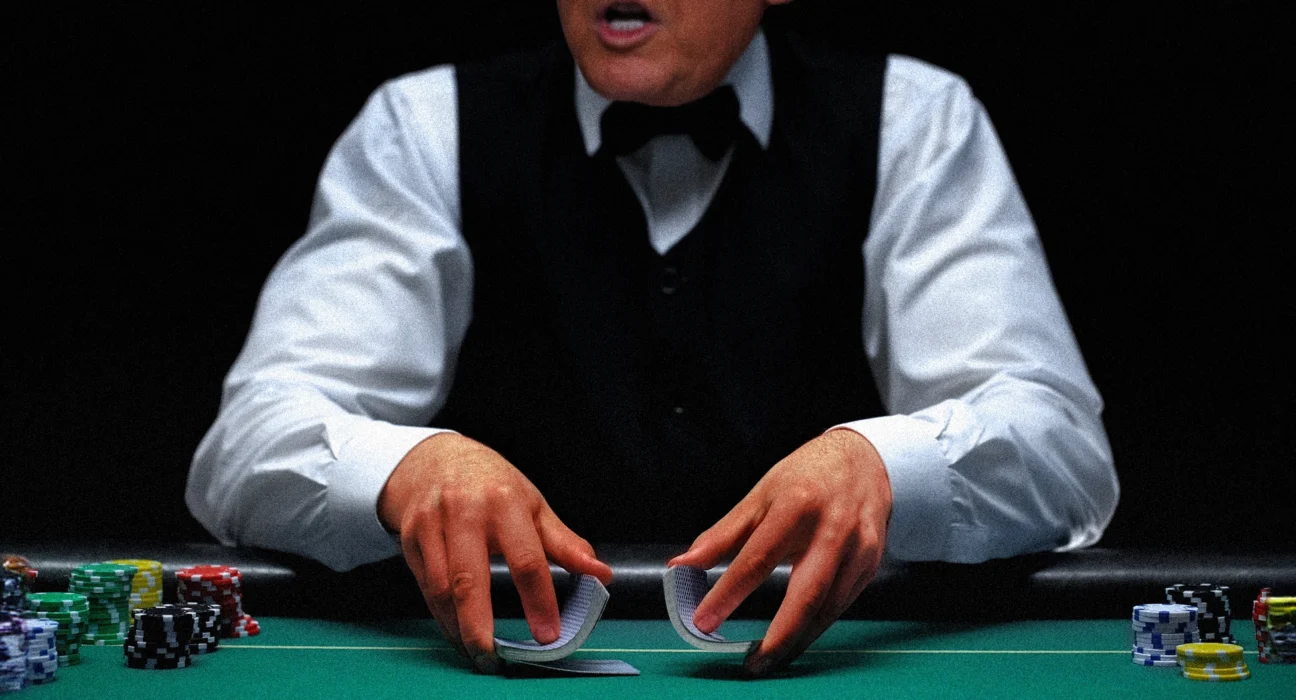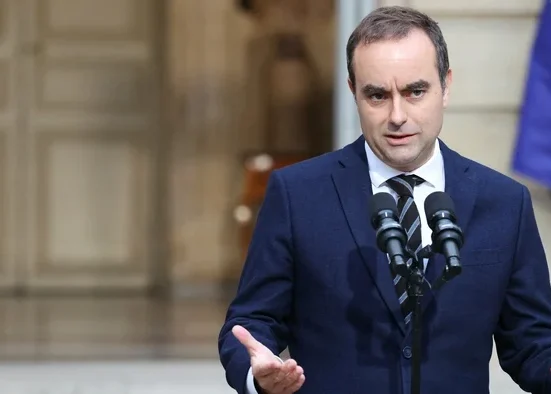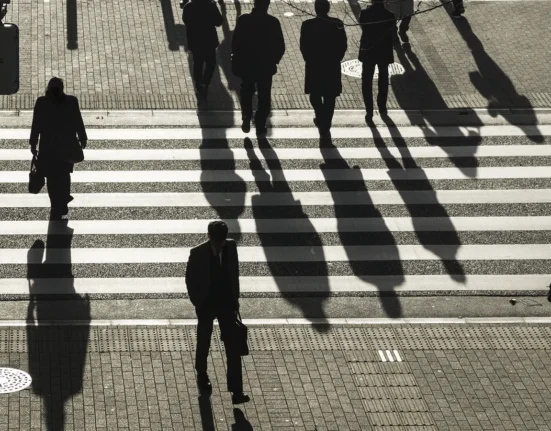In global politics, Donald Trump does not just play the game; he deals the cards, reshuffles the rules, and keeps everyone guessing which hand he is truly holding. He operates less like a statesman and more like a showman at a casino table, where every bluff becomes policy and every pause is part of the performance.

AfricaHeadline Reports Team
editorial@africaheadline.com
Trump’s political genius, if one dares to call it that, lies in his ability to weaponize uncertainty. He has turned unpredictability into strategy, confusion into control, and spectacle into diplomacy. As he steps back onto the world stage, it is clear that his approach to power remains rooted in one principle: dominance through chaos.
Trump does not govern; he stages.
Every international summit becomes a theater, every negotiation a bet. He knows the world is watching, and he plays to the cameras as much as to his adversaries.
During his first presidency, he treated the NATO alliance like a poker table, questioning its value, demanding higher stakes, and walking away when the odds did not favor him. With China, he played the joker, imposing tariffs one day and praising Xi Jinping the next. In the Middle East, he flipped the deck by brokering the Abraham Accords while alienating traditional allies.
None of it followed conventional diplomacy, yet that was the point. Trump’s moves were not meant to build alliances; they were designed to unsettle them. The goal was to keep everyone slightly off balance, to remind the world that Washington was unpredictable again.
Trump’s foreign policy was built on what his aides often called constructive chaos. But in truth, it was chaos by design.
Like a gambler who thrives on tension, Trump bet that confusion could be a diplomatic advantage. He believed unpredictability made America stronger and that fear of instability could yield faster results than years of negotiation.
It sometimes worked. China came to the table. NATO members increased defense spending. Several Arab states normalized relations with Israel.
But the cost was long-term trust. Partners learned to wait out the storm rather than confront it. Rivals from Moscow to Beijing realized that Trump’s volatility was as much weakness as weapon, a pattern they could read, anticipate, and eventually exploit.
Trump’s instinct-driven diplomacy blurred the line between improvisation and impulse. The result was a world that learned to expect the unexpected from Washington, but also one that began preparing for a future without depending on it.
Trump did not just change American foreign policy; he changed how others play the global game.
Europe is now investing more in its own defense and energy independence. China has accelerated its Belt and Road Initiative. The Middle East has learned to diversify its alliances, balancing Washington with Moscow and Beijing.
In a paradoxical way, Trump’s America First doctrine made the rest of the world less dependent on America.
He forced allies to calculate, rivals to innovate, and institutions to adapt. His actions, often dismissed as reckless, became a catalyst for geopolitical realignment.
For all the criticism, there is no denying this: Trump left fingerprints on every major global issue, from trade and defense to climate and the psychology of leadership. Whether intentionally or not, he reminded the world that power does not only come from policy but also from perception.
Now that Trump seeks to reclaim the Oval Office, the question is not whether he will play differently but whether the world will.
His opponents already know the rhythm of his bluff, the cadence of his provocation. Yet unpredictability remains his greatest weapon and his greatest illusion.
He thrives in an environment where confusion equals control. But the global order has evolved since his last term.
The new geopolitical table includes actors like India, Brazil, and African economies demanding equal stakes. The old players such as Europe, China, and Russia have learned that the Trump game rewards speed, spectacle, and self-interest.
Trump will once again bring his deck of tariffs, threats, and handshakes to the global table. But this time, the audience has seen the trick before.
Donald Trump remains the joker in the world’s political deck, a card that disrupts the game yet cannot be ignored.
He is as polarizing as ever, as instinctive as ever, and as central to the conversation as ever.
The brilliance and danger of his approach lie in the same place: the belief that unpredictability is power.
In the grand casino of geopolitics, Trump still plays to win, but only by keeping everyone else wondering if the game is rigged.
And perhaps it always has been.
–
By: João Carlos Ndombassi is a journalist and political analyst focusing on African and global geopolitics. His work explores leadership, strategy, and the shifting architecture of world power.








